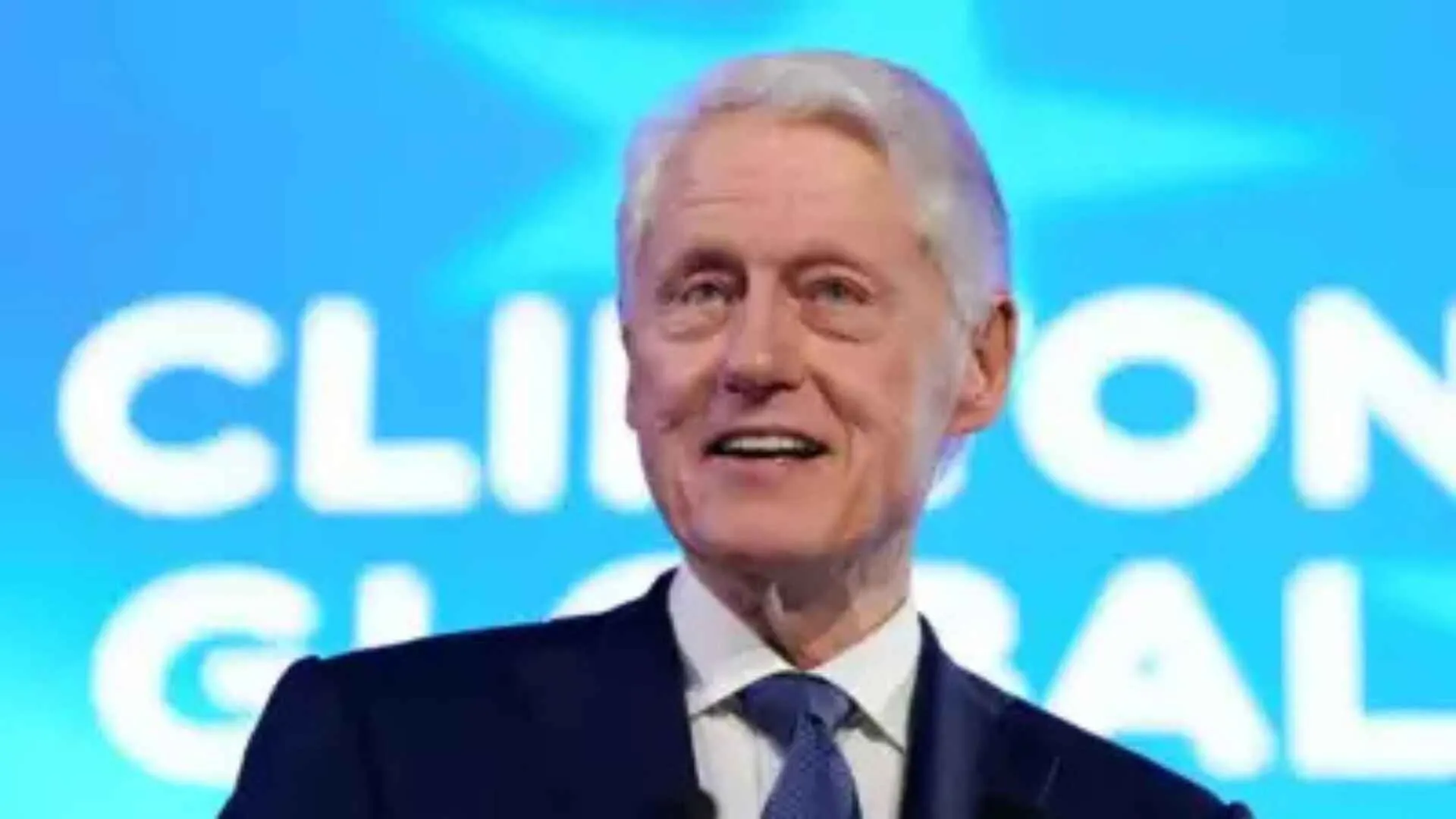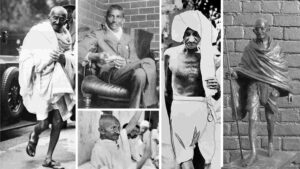You never met Gandhiji, and I never met Bapu either, but I understood and learned about him from my father, veteran freedom fighter Jawaharlal Darda. If you want to truly understand Bapu, you must visit Sevagram. Even today, Bapu lives there! Bapu conducted all the experiments related to the ideas the world is now accepting on the sacred land of Sevagram. He was extraordinary.
Two or three centuries from now, people will surely regard Bapu, our Gandhiji, as God. The great scientist Albert Einstein once said about Gandhiji, “Generations to come will scarce believe that such a one as this walked the Earth in flesh and blood.” Imagine a highly educated man of his era defying the mighty British Empire, known for its vastness and wealth and on which the Sun never set, armed only with the weapon of non-violence. Was it just a trivial event when a man who once wore a suit decided one day to live the rest of his life wearing only a simple dhoti to ignite the freedom movement? Gandhiji did this so that his countrymen could trust that he was one of them. Through charkha (spinning wheel), Gandhiji attacked the economic might of the British government. The British had destroyed our textile mills and were exploiting us by producing cloth in Britain using Indian cotton. I have analysed every aspect of Gandhiji’s life and I believe that a leader like him may never be born again. But I still long for Bapu to come back to us again one day!
Some leaders and members of the younger generation criticise Gandhiji without hesitation, often speaking nonsense. I believe they do not understand Gandhiji. To such people, I ask: If the common people of the country hadn’t fully participated in the freedom movement, would the British have left? It was the awakening of the common people that forced the British to leave. This awakening was created by Gandhiji. He instilled a sense of defiance against the British across the country. Gandhiji created such a fervour for freedom that even children joined the movement. I have heard many stories of that era from my father, veteran freedom fighter Jawaharlal Darda. One story that deeply impacted me was about Gandhiji’s meeting with King George V in England. The British officials were uneasy about Gandhiji’s attire, but Gandhiji met the King wearing his simple dhoti. Upon his return, a journalist asked whether it was appropriate to meet the King clad in just a dhoti. Gandhiji replied, “The King was wearing enough clothes for both of us.” Think about it, what a powerful statement that was!
Gandhiji’s lifestyle and ideas were such that the country began lovingly calling him “Mahatma”. But do not interpret the word Mahatma as meaning saint. When people said that “Bapu is a saint trying to become a politician”, Gandhiji objected and said he preferred to be seen as “a politician trying to become a saint”. Gandhiji further said the path of truth and non-violence he followed was as ancient as the mountains. He knew that violence, in any form, could never solve problems. This is why people all over the world were influenced by Gandhiji. Martin Luther King, who fought for civil rights in the US, adopted his methods. Dozens of countries achieved independence by following Bapu’s path.
It is essential for the new generation to know that Mahatma Gandhi didn’t just work for India’s independence; he also paved the way for the country’s progress after freedom. He said the real development would not happen until villages were developed. The concept of village development came from him. He was the one who ensured that the importance of cleanliness reached every citizen. He also showed the way for women to advance in education and become self-reliant. Gandhiji gave so many principles and left behind so many inspirational moments that our youths can undoubtedly draw inspiration from them.
But the big question is, why do our youths today know so little about Gandhiji? Isn’t it the responsibility of our system to provide organised and analytical information about such a great person to the youths? Gandhiji is the only Indian person whose statues and monuments, over 110 of them, are present in more than 80 countries around the world, and Gandhiji is taught as a subject in foreign universities. Yet, it is unfortunate that Sevagram is neglected and Bapu is missing from our education. Pernicious ideology is being spread over issues of caste, religion, race and colour. Those doing this should read, learn and understand Bapu, and only then will they realise how they are poisoning society. Today, everyone wants the government to develop Sevagram as not just a domestic but an international tourist destination and include the film Gandhi in education, for Bapu’s path is the true solution to the problems of this country.
The author is the chairman, Editorial Board of Lokmat Media and former member of Rajya Sabha.








